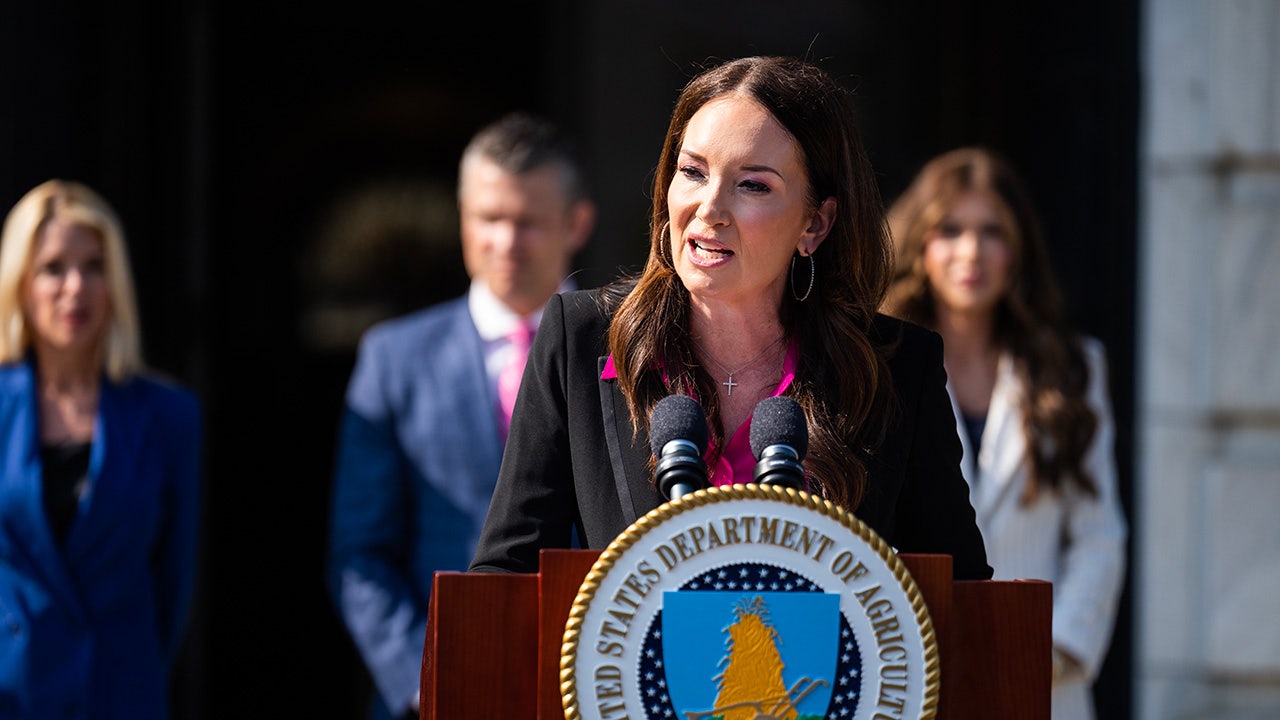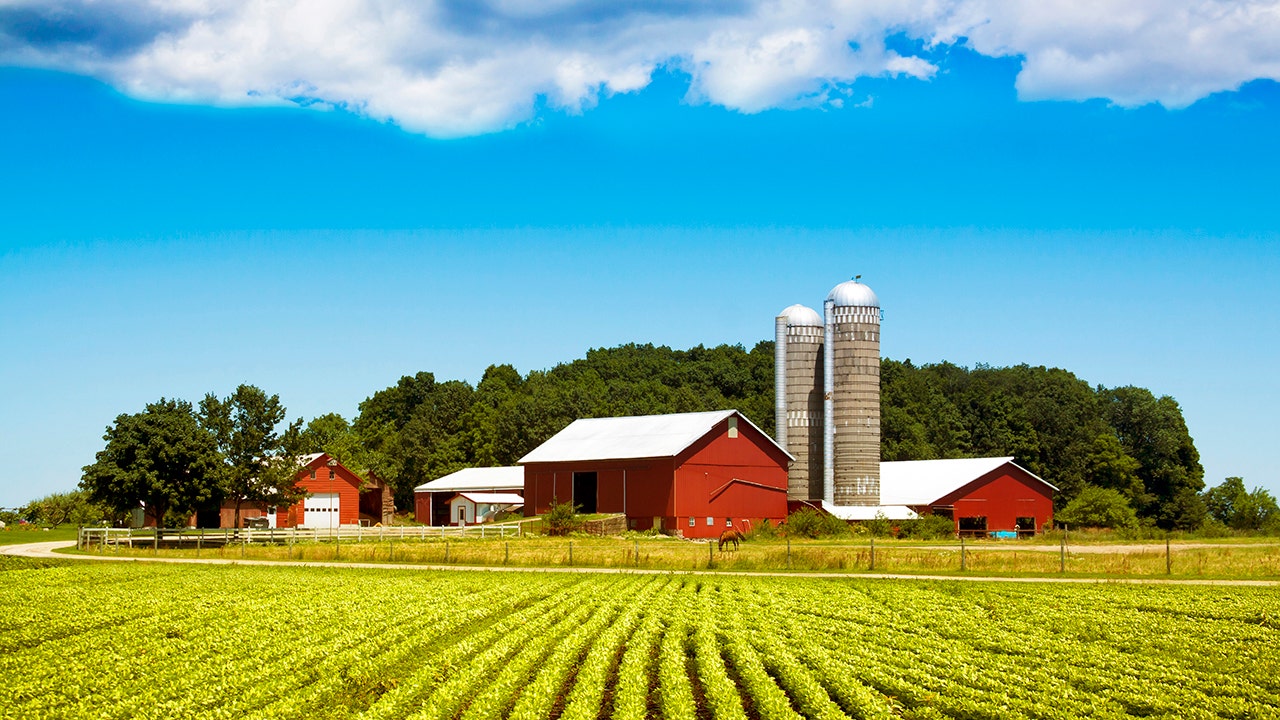U.S. Takes Action Against Foreign Acquisition of Farmland Amid National Security Concerns
The U.S. government is implementing measures to prevent foreign ownership of farmland, particularly by China, citing national security risks.
Overview
- China has purchased over 265,000 acres of American farmland, raising alarms within the U.S. government.
- The Trump administration is initiating legislative and executive actions to curb further foreign acquisitions of farmland.
- State and federal levels will work together to enhance protections against foreign ownership of agricultural land.
- The Department of Justice has charged individuals for smuggling a bioweapon fungus into the U.S., highlighting agroterrorism risks.
- The new plan includes stricter penalties and increased transparency regarding foreign ownership to bolster national security.
Report issue

Read both sides in 5 minutes each day
Analysis
Analysis unavailable for this viewpoint.
Articles (5)
Center (0)
No articles found in the Center category
FAQ
At the federal level, new bills such as the FARMLAND Act of 2025 and S.618 propose stricter bans and penalties, specifically targeting acquisitions by persons associated with governments of Iran, North Korea, China, or Russia. These aim to maintain agricultural security and protect national defense.
More than 30 states have introduced bills in recent years to restrict foreign ownership, with about half already implementing bans or restrictions. These measures are often driven by national security concerns and political ideology, creating a patchwork of state policies.
Foreign entities currently hold about 3.5% of privately owned U.S. agricultural land, which has prompted increased legislative attention at both state and federal levels.
The U.S. Department of Agriculture (USDA) monitors foreign ownership through the Agricultural Foreign Investment Disclosure Act (AFIDA), which requires foreign persons who acquire or hold agricultural land to report their interests to the USDA.
Risks include potential threats to food security, access to sensitive land areas, and concerns about agroterrorism, such as the introduction of bioweapons or harmful pathogens into agricultural systems.
History
- This story does not have any previous versions.




